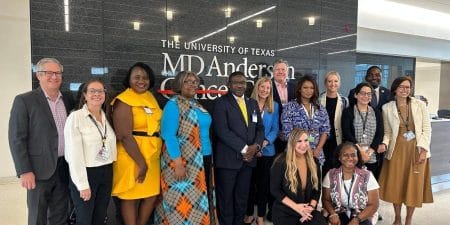The preliminary impact of generative artificial intelligence (AI) on recent African elections and political coups has revealed a growing threat to the continent’s democratic stability. While AI promises transformative benefits for agriculture, education, and government services, its rapid deployment without safeguards has opened the door to AI-generated disinformation capable of undermining public trust and destabilizing governments.
From Burkina Faso and Gabon to Nigeria, Senegal, and South Africa, evidence shows that AI-powered propaganda campaigns are already shaping public opinion, amplifying political divisions, and influencing electoral outcomes. Experts warn that as these technologies become more sophisticated and accessible, their potential for misuse will only intensify.
AI and the New Frontline in African Politics
Generative AI tools, such as deepfake video generators and synthetic text engines, have made it easier than ever to spread misinformation at scale. These tools are being weaponized to:
- Manipulate voter perceptions during election campaigns
- Fabricate speeches and statements from political leaders
- Create fake images and videos to incite unrest
- Amplify divisive narratives using AI-driven bot networks
The consequences are stark: when voters cannot distinguish between authentic and manipulated content, trust in institutions erodes, fueling polarization and creating fertile ground for political instability.
Urgent Need for Collective Action
Experts warn that Africa’s democratic future hangs in the balance. Combating AI-driven disinformation requires unprecedented collaboration between:
- Governments — to develop regulatory frameworks and safeguard electoral processes
- Civil society — to raise public awareness and build resilience against misinformation
- Academia — to research emerging threats and develop counter-technologies
- Technology companies — to implement responsible AI practices and content verification systems
Without a coordinated response, democratic backsliding could accelerate, leading to:
- Increased political instability and unrest
- A collapse in public trust in electoral institutions
- Greater vulnerability to foreign interference in local politics
A Narrow Window for Action
The coming years will be decisive. If African leaders fail to address the risks posed by generative AI, the consequences for democratic governance could be severe and long-lasting.
The investment required to build robust AI defense systems, strengthen digital literacy, and establish fact-checking mechanisms is small compared to the potential cost of inaction. As the window for proactive measures rapidly closes, leaders are urged to ensure that AI technologies are harnessed to strengthen, not undermine, democratic processes.
The stakes could not be higher: the battle for African democracy in the age of AI will be won or lost in the next few years.






